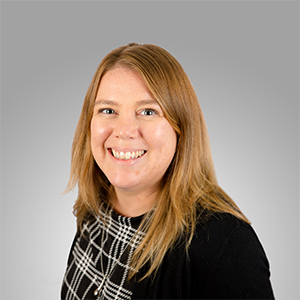Medical Attention at Sea – how good is it?
I have just spoken to one of my guests whom was set to enjoy 11 nights sailing to the Canary islands via Morocco and Madeira. Unfortunately, on the 3rd day at sea during the evening his wife tripped and fell and very badly hurt her shoulder. Now like most cases of injury, the first thing you do is seek the attention of medical assistance. My guests were not to pleased with the so called medical attention that they received, feeling that the ship was not well equipped enough to deal with the emergency and not having much confidence in the doctor or nurse that dealt with them. On top of this, they was charged extortionate fees for having medical assistance outside of the 9-5 working hours!
After another 3 days with my guest in serious pain and the Dr still not having a confirmed diagnosis of the injury (apparently he had to fax the x-ray to his head office and they was then closed for the weekend!) the doctor on board was being very reluctant to allow the wife to seek attention in Morocco, preferring they wait until he had a proper response from the x-ray and preferring to chose a medical clinic in Tenerife.
Thankfully my guests had a great insurance and with the help of the medical team in Tenerife they was able to get a clear definition of the injury and arrange for them with their insurance company, for their repatriation back to the UK for the necessary emergency operation that his wife required.
Because anything can happen at sea, all major ships contain infirmaries with staff available 24 hours a day to care for passengers. These facilities are typically equipped to treat only minor non-emergency conditions. You can get seasickness tablets, for example, or standard over-the-counter medicines for an upset stomach or cold symptoms, all of course for a fee.
But what if your illness is serious or you find yourself needing emergency treatment? 99.9% of the time you will be referred to a facility on land and disembarked to get care. In extreme cases, a patient might need urgent care that can’t be administered on-board. All large cruise ship’s have a helicopter landing area. Sometimes the only option is to evacuate a passenger by helicopter for transportation to a shore side medical facility. This is typically reserved for only the most critical cases of injury or illness.
Cruise Line International Association, the world’s largest cruise industry trade organization, sets standards of care for its member cruise lines. Ship facilities must adhere to the American College of Emergency Physicians guidelines, which outline the necessary qualifications for medical personnel onboard ships.
The ACEP guidelines dictate that the infirmary must contain the proper equipment to handle a range of treatments and diagnostics. Among its equipment, the facility should have wheelchairs, a stretcher, back board for spine immobilization, lab capabilities for tests, oxygen, EKG capability, two defibrillators, cardiac monitors and other equipment to gauge vital signs.
Ships must have medical staff on call 24 hours. Medical personnel (both Doctors and registered nurses) must have at least three years of post-graduate experience in general and emergency medicine or board certification in emergency medicine, family medicine or internal medicine. The medical staff must be able to perform advanced life support practices, emergency cardiovascular care and minor surgical procedures. Doctors and nurses also are required to be fluent in the predominant language of the ship.
So how confident are we that we will be looked after on board, should a situation arise? I have to be honest it is not something that has ever crossed my mind, but it will from now on. I may even start to request to see the actual medical facilities whilst I am board to see how well equipped they really are.
I think the main thing is with any type of holiday you take, you have to make sure your number one priority is have a great travel insurance. for the price of possibly 5% of your holiday cost, it could end up saving you thousands of pounds.
I wish my guest a speedy recovery and hope that she is back to herself in the very near future.
Dawn
x
About Me

I have worked in the travel industry from the age of 15 stacking brochures and making tea at a local Thomas Cook shop, I absolutely loved it and this was the start of my fascination with travel. I went full time into travel at the age of 17 in June…
Read more